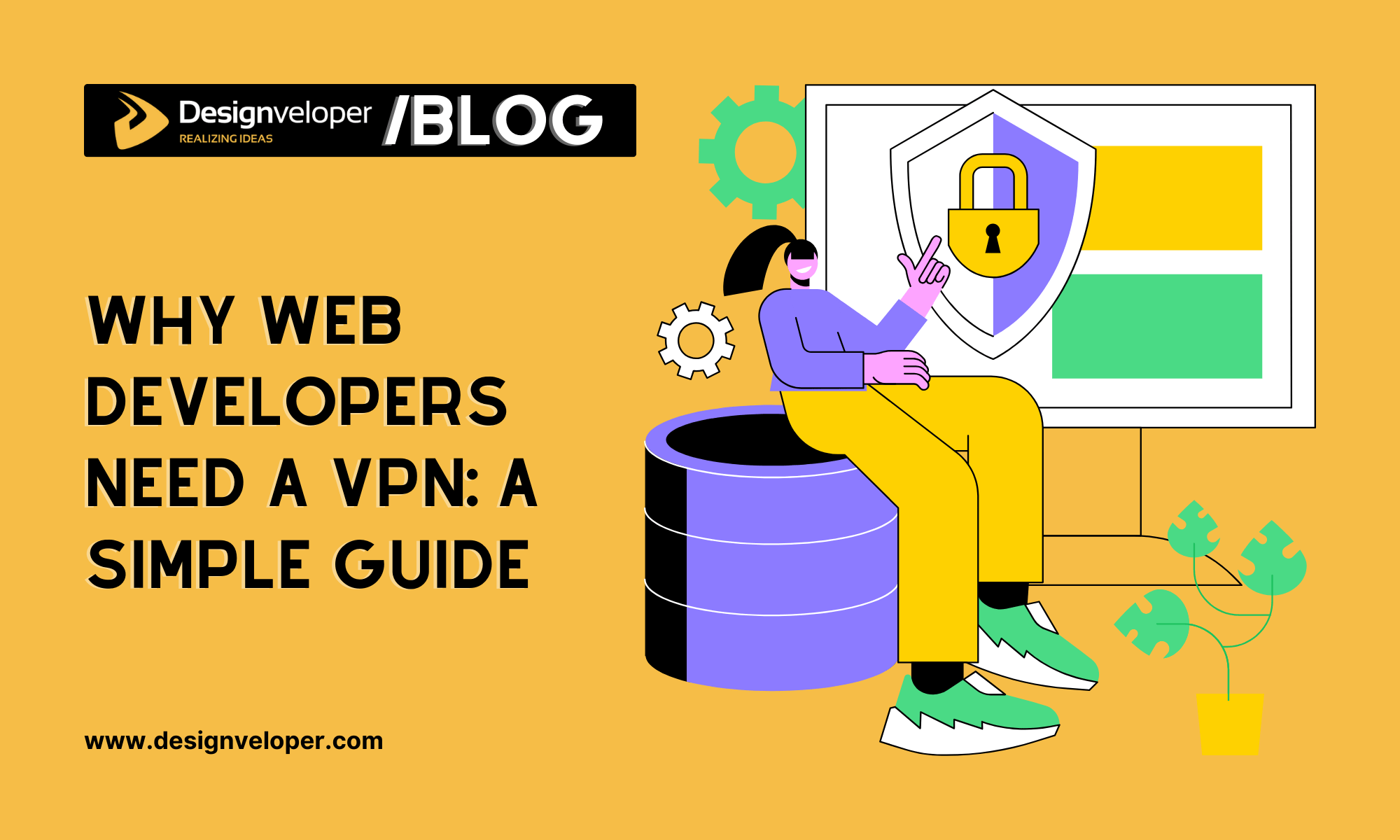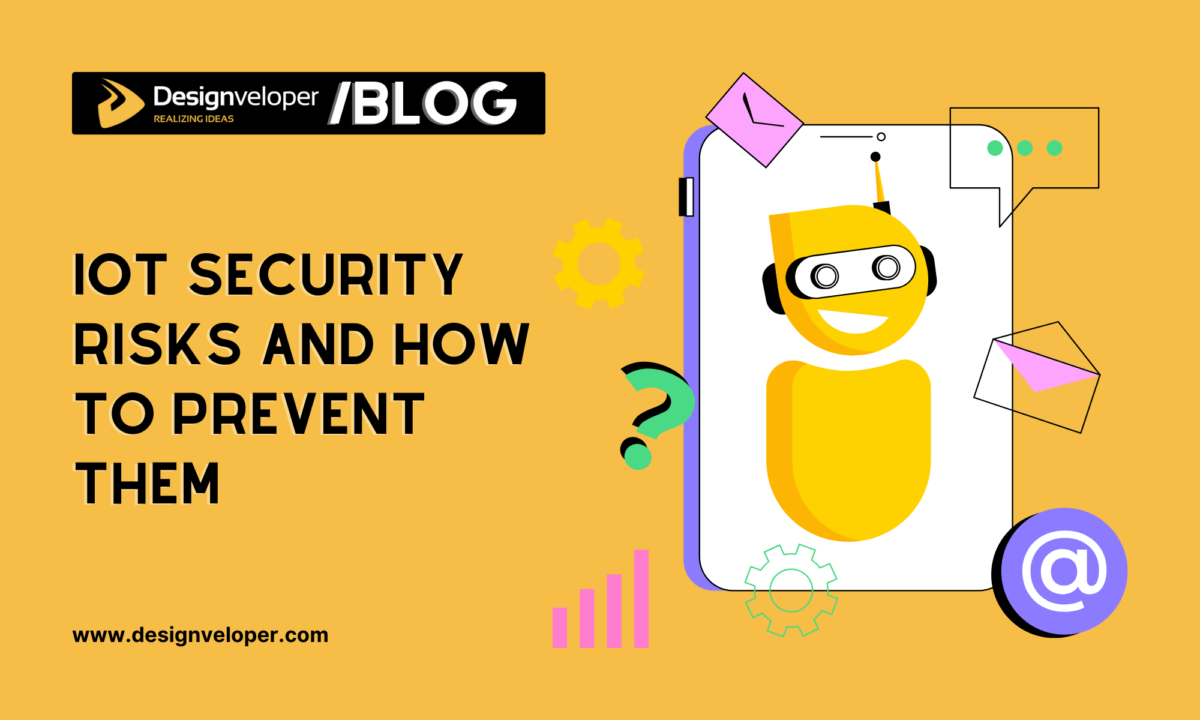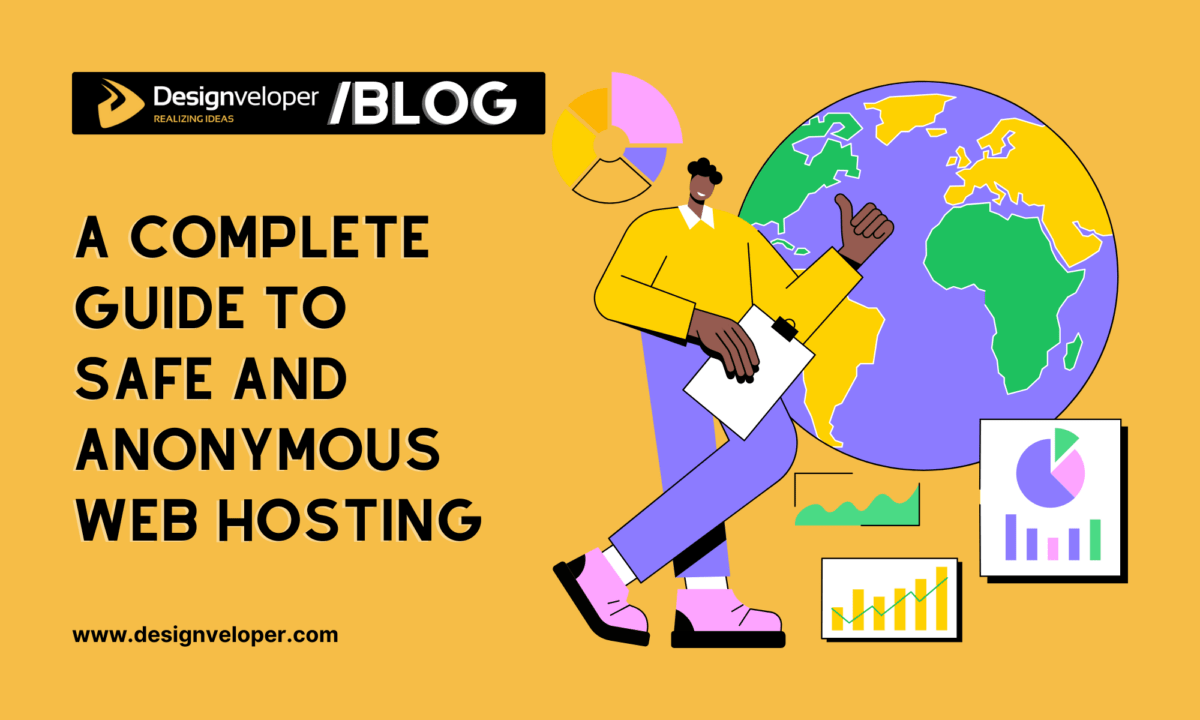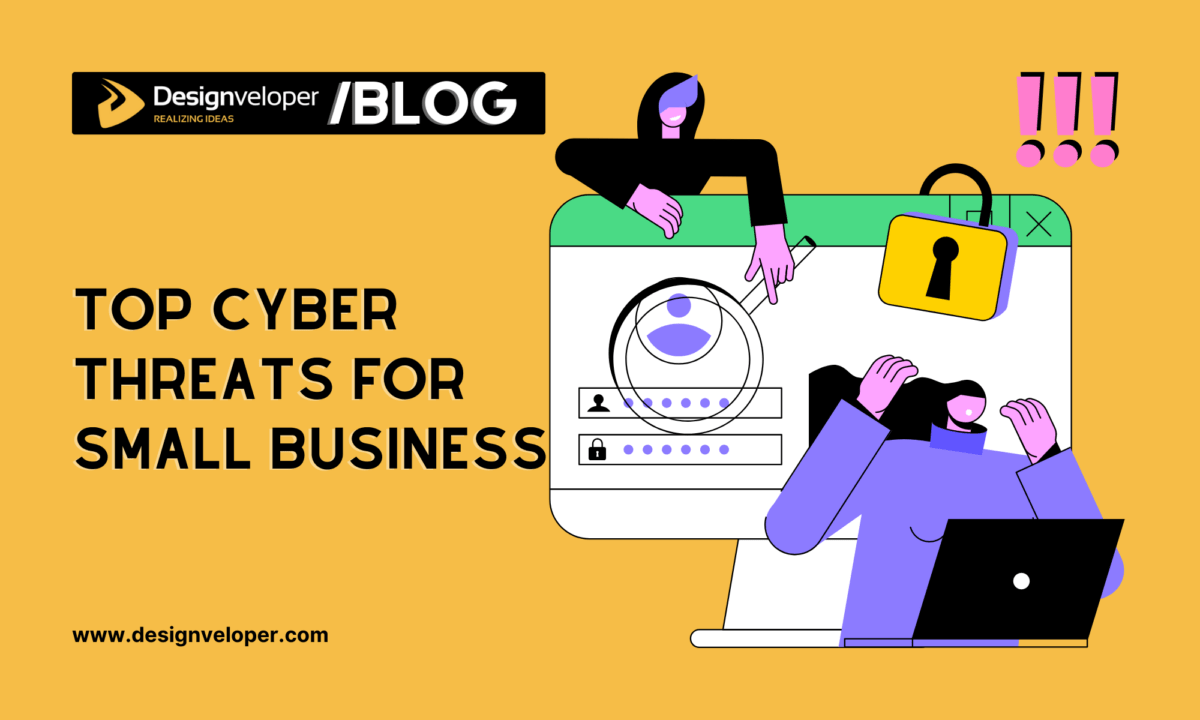
As a web developer, your work goes beyond just writing code—you likely also manage sensitive data, test websites, and collaborate with clients or teams, making you a target for hackers. To safeguard your online activities, using a VPN for developers can provide an extra layer of security. As the world becomes more connected, staying secure online is more important than ever. With cyberattacks on the rise, there have been over 2,300 incidents in 2023 alone, impacting more than 343 million people.
That’s where a Virtual Private Network (VPN) comes in. A VPN acts like a secret tunnel for your online activity, keeping it hidden from prying eyes. It’s an easy-to-use tool that keeps your information safe and private, so you can work without worrying about your security.
A VPN creates an extra layer of protection by scrambling your data. Even if someone manages to get their hands on it, it will be much harder to break through, intercept, or spy on. In this guide, we’ll break down why a VPN is essential for web developers and how it can protect your work while making your job easier.
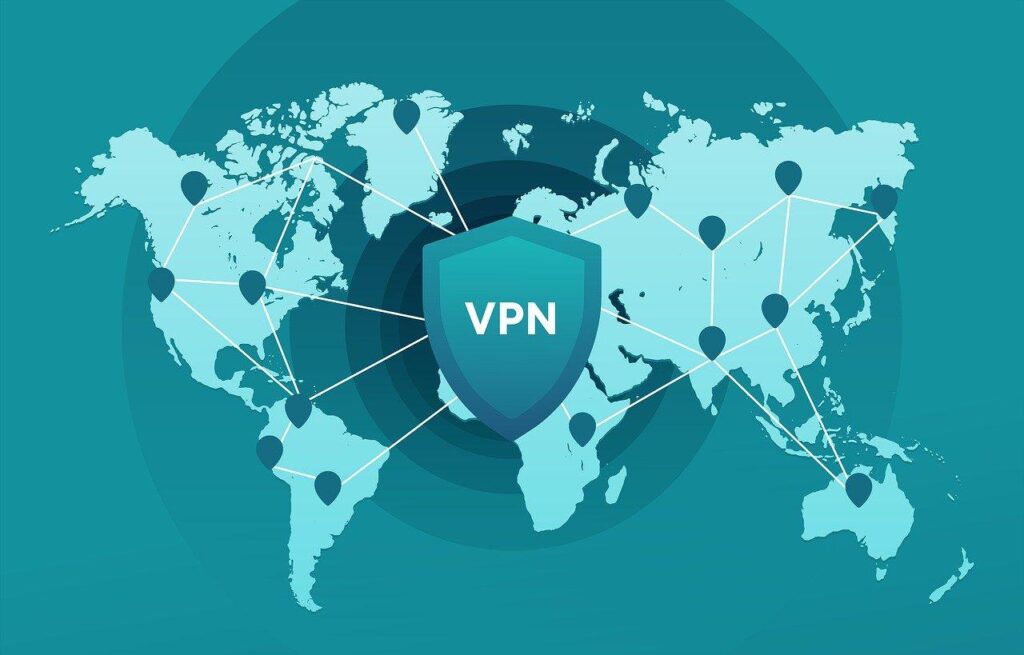
Stay Safe When Working Remotely
As a web developer, you often find yourself working from home, in coffee shops, or in shared spaces where public Wi-Fi is the norm. The problem with public Wi-Fi is it’s not secure, making it easy for hackers to steal your data.
A VPN encrypts your internet connection, turning it into a secure and private channel. Even if someone tries to intercept your data, they’ll only see scrambled, useless information.
To protect your data, you need a reliable mobile VPN to prevent data leaks, ensure your privacy and security online, and unlock geo-specific content. However, choosing the right mobile VPN can be overwhelming with many providers claiming to offer the best service.
That’s where trusted recommendations like those published by Techopedia come in handy. Tech and SaaS Expert Nick Saraev suggests looking at how different VPNs work, how fast they are, how easy they are to use, and how much they cost. By doing so, you can make an informed choice about the best one for you. That way, you will keep your information safe, protect your online privacy, and access things from anywhere in the world, like checking your site’s performance on the go.
For example, if you’re working on a client project using public Wi-Fi, your data could be at risk. However, with a VPN, you can confidently protect sensitive work and focus on your tasks without worry.
Build Trust Through Security and Collaboration
Clients trust developers to handle sensitive data, such as login credentials, databases, and private project details, with care. A VPN shows that you take this responsibility seriously by keeping these assets safe.

Using a VPN also makes collaboration with global teams safer and more efficient. Whether you’re sharing code, design files, or client data, a VPN encrypts your connection to ensure only the intended recipients can access the information. Not only do you protect your projects from hackers but you also build trust—both with your clients and your team—no matter where everyone is working.
Test Websites for Different Regions
Geo-Testing
If your website is for people around the world, you’ll need to check how it works in different countries. The good news is you don’t have to travel to do this.
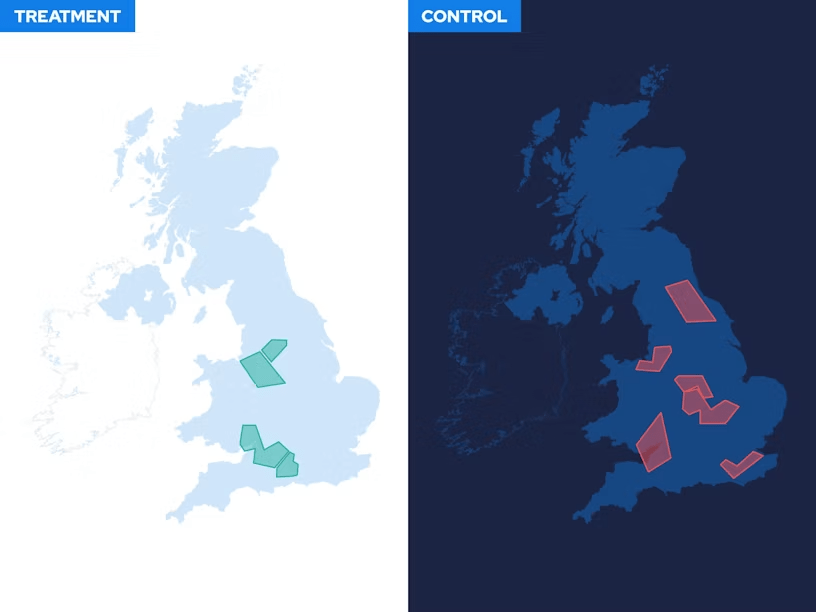
A VPN makes it easy by letting you change your virtual location. For example, if you’re creating a website in the US but want to see how it works for someone in the UK or Japan, you can use a VPN to switch to those countries.
You can check things like language settings, local content, or payment options. A VPN makes sure your website looks good and works well for everyone, no matter where they are.
Bypassing Regional Restrictions and Accessing Blocked Tools
Sometimes, web developers need to access content, tools, or services only available in specific regions. Using a VPN you can connect to servers in those locations, bypassing regional restrictions.
For example, if a video streaming service is only available in the UK, you can use a VPN to connect to a UK server and test how your app interacts with that service. Similarly, if a tool or website you need is blocked in your country, a VPN lets you access it as if you’re in a region where it’s available. So, no matter where you’re working, your workflows will be smoother, and your testing will be more thorough.
Protect API Keys, Credentials, and Intellectual Property
When working with Application Programming Interfaces (APIs), cloud services, or sensitive client data, you often handle important credentials like keys and passwords. If these details get exposed, there could be serious safety risks. To prevent this, a VPN keeps your connection safe, protecting important information from hackers.
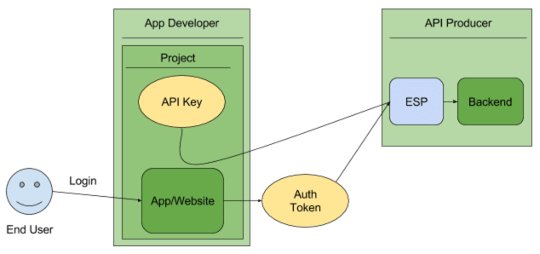
Another important benefit of using a VPN is IP Masking. By using a VPN, you can mask your real IP address and replace it with one from a different location, making it much harder for anyone to track your online activities or pinpoint where you’re working from.
IP masking helps protect your intellectual property—like proprietary code or design work—from unauthorized access. For instance, if you’re building a unique feature for a website, IP masking ensures that competitors or hackers can’t trace the work back to you and steal your ideas.
Avoid Slow Internet Speeds
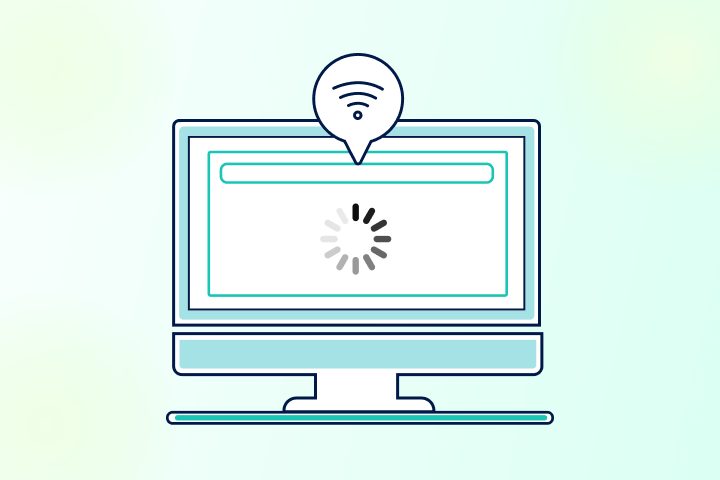
Some internet providers slow down your connection when you use a lot of data, like when you’re uploading large files or running heavy tests, a process known as ISP throttling. It happens when your internet provider intentionally reduces your speed because you’re using too much bandwidth.
A VPN can help you bypass this. By encrypting your online activities, a VPN hides what you’re doing from your Internet Service Provider. If they can’t see your activity, they can’t throttle your speed.
So you’ll get faster downloads, quicker testing, and a steady connection for all your web development work, helping you work fast and smoothly without any annoying slowdowns.
Tips for Choosing the Right VPN
By knowing what to look for, you can choose a VPN that best suits your needs and keeps your online activities safe and private by considering some key factors. As not all VPNs are the same, here’s what to look for:
- Strong Encryption: This is like a powerful lock that keeps your data safe.
- Reliable Servers: A good VPN has servers in many countries, so you can connect from anywhere.
- No-Logs Policy: This means the VPN doesn’t keep a record of what you do online.
- User-Friendly Interface: A simple interface makes it easy to use the VPN.
- Fast Speeds: A fast VPN won’t slow down your internet connection.
- Good Customer Support: Helpful customer support can assist you with any issues at any time.
Conclusion
A VPN isn’t just a security tool—it’s a game-changer for web developers. It helps you stay safe, test sites globally, and protect your clients’ trust. When you invest in a good VPN, you can focus on what you do best: building exceptional websites and applications.






Read more topics




























